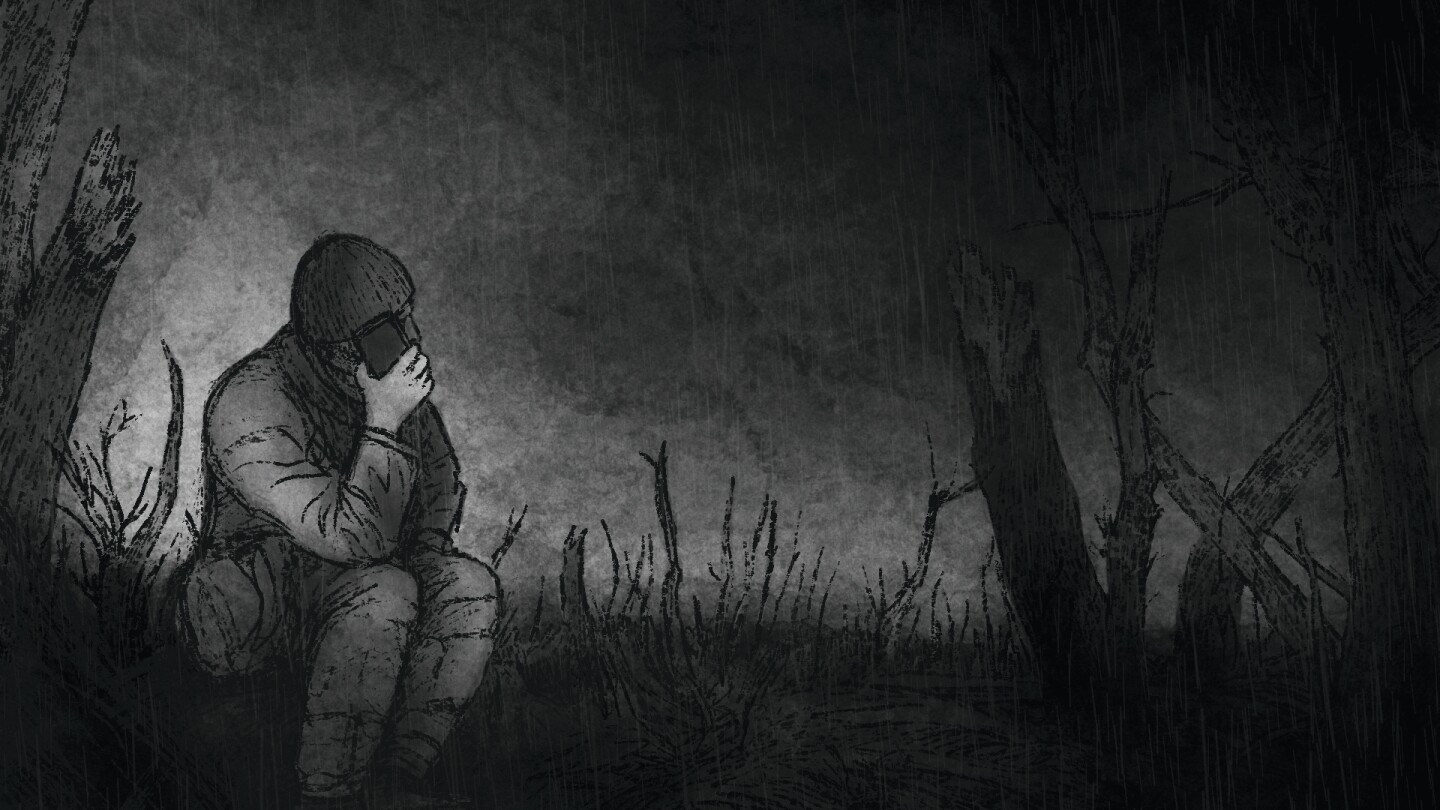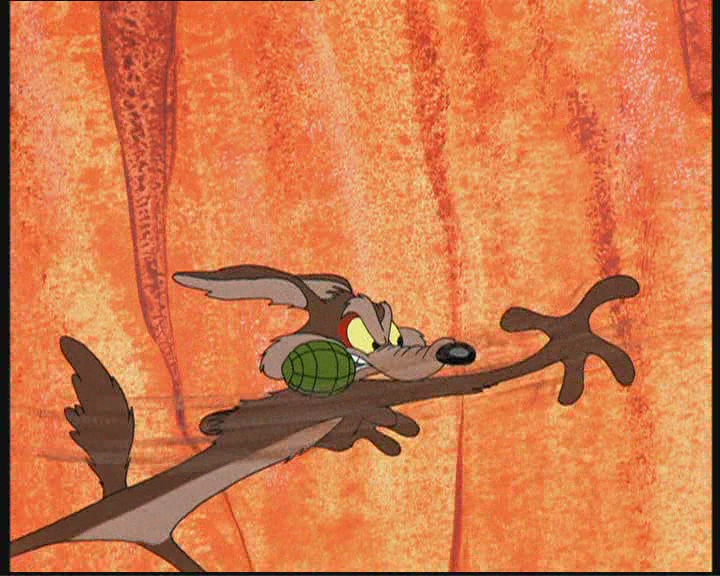In audio intercepts from the front lines in Ukraine, Russian soldiers speak in shorthand of 200s to mean dead, 300s to mean wounded. The urge to flee has become common enough that they also talk of 500s — people who refuse to fight.
As the war grinds into its second winter, a growing number of Russian soldiers want out, as suggested in secret recordings obtained by The Associated Press of Russian soldiers calling home from the battlefields of the Kharkiv, Luhansk and Donetsk regions in Ukraine.
The calls offer a rare glimpse of the war as it looked through Russian eyes — a point of view that seldom makes its way into Western media, largely because Russia has made it a crime to speak honestly about the conflict in Ukraine. They also show clearly how the war has progressed, from the professional soldiers who initially powered Vladimir Putin’s full-scale invasion to men from all walks of life compelled to serve in grueling conditions.
“There’s no f------ ‘dying the death of the brave’ here,” one soldier told his brother from the front in Ukraine’s Kharkiv region. “You just die like a f------ earthworm.”
We need to be careful extrapolating this to general trends, because the ones doing the intercepting (likely the SBU/Ukrainian intelligence) decide what to release. This is not a random sample.
I have no reason to doubt the intercepts are real, but I do wonder about the content of all the other intercepts that are not released.
no you’re right, i’m sure there are places where the Russian soldiers are having a great time and not dying like dogs
It’s a general enough trend that they needed to create a special code for the phenomenon.
I imagine most of the calls are pretty similar to these ones. I can’t imagine there’s much morale left for the Russians.
Seems like every generation has to learn the Old Lie again and again.
https://www.poetryfoundation.org/poems/46560/dulce-et-decorum-est
Thank you for sharing this. I don’t read much poetry, much less in German. But this kept me on the edge of my seat.
Jesus Christ. The first one was beautiful and terrible. This was just naked horror (though part of that was that I’m not a native German speaker, so phrases like “blood-shod” in the first poem might have flown over my head in the second one), but I think it might be more effective for it. I also like that it addresses the populace, more than the politicians/potential soldiers.
Interesting! It‘s the opposite with me, I am not a native English speaker, and I actually didn‘t understand blood-shod. They limp and have blood in their shoes? The pictures that came to my mind reminded me of the Borchert poem. It felt like the adequate reply. I love it for the explicit message: Sag Nein! The horror at its end I find just as horrifying as the Owen poem. Back to back, and we have snapshots of the horrors of WWI, WWII and WWIII.
Shod is basically an archaic form of “shoed,” so it’s soildiers who have worn through their boots and are walking just on blood.
I agree that they’re both incredibly moving and horrifying. I think “Sag Nein!” Reflects the perspective of the German postwar generation on communal guilt, whereas the other is more of an attack on politicians. It seems fitting, based on the wars involved, especially because they’re both calls to action, rather than simply condemnations.
That was a tough read in both ways.
I see nothing has changed then since early 2022.
If this was obtained and released by Ukraine, it is a type of propaganda. It might be true, but it’s definitely designed to further erode the spirit of any Russian listener and bolster the Ukrainian side.
Here’s Vietnam propaganda trying to get US soldiers to give up: https://people.duke.edu/~ng46/collections/propaganda/vietnam-to-us/LEAFLET North Vietnam Whats in Washingtons War 1 600h.jpg
Here are a bunch of quotes from All Quiet On the Western Front
https://www.goodreads.com/work/quotes/2662852-im-westen-nichts-neues
I couldn’t finish that book, way too depressing. Also I kept wanting to scream at all those kids to just go home and stop fighting over fucking nothing.
Russia must be a wonderful place to wake up in the morning… what an amazingly joyful, wonderful place it must be… that must be why so many intelligent people have fled for the nearest border…
Russia, the land of earthworms
Do any soldiers want in? I bet both sides are tired
Andrei’s mom knows what to say to reporters to protect her son, I hope.
“It’s war, no one’s happy. If those same spies were in our camps…”
Lord Tywin Lannister
But seriously, yes, I’m sure they have low morale. But it’s frontline peer conflict. I’m sure the GRU has plenty of intercepted calls from Ukrainian conscripts saying and feeling very similarly.
Maybe that can’t be extrapolated across the board for the UA, but certainly enough for a similar propaganda/psyop release.
This is the best summary I could come up with:
The calls offer a rare glimpse of the war as it looked through Russian eyes — a point of view that seldom makes its way into Western media, largely because Russia has made it a crime to speak honestly about the conflict in Ukraine.
They also show clearly how the war has progressed, from the professional soldiers who initially powered Vladimir Putin’s full-scale invasion to men from all walks of life compelled to serve in grueling conditions.
“As long as we are needed here, we will carry out our task,” a soldier named Artyom told AP from eastern Ukraine at the end of May, where he’d been stationed for eight months without break.
In the spring, as the Professor’s brothers drove down a road outside their hometown in Russia, a car made a U-turn into the side of their vehicle, sending it spinning as a semi bore down on them.
Called up for military service from a small town in Russia’s far east, he soon found himself in eastern Ukraine’s Donetsk province, on the southern approach to Bakhmut.
In September, Andrei’s mother told AP her son was home, keeping himself busy with his family and collecting pine cones from the taiga.
The original article contains 3,277 words, the summary contains 201 words. Saved 94%. I’m a bot and I’m open source!
“There’s no f------ ‘dying the death of the brave’ here,” one soldier told his brother from the front in Ukraine’s Kharkiv region. “You just die like a f------ earthworm.”
Wow, secret phone calls in English, who would have thunk, eh?
Maybe it’s just me, but I’m not seeing how any of the people listed “couldn’t avoid mobilization.” Militaries around the world hire from the poor and desperate, but the story makes no indication that people are forced into service.
Russia has drafted 300.000 men (according to official numbers; unofficial estimates are higher), starting in September 2022.
Forcefully.
Do you understand how mandatory military service works? Around the world, it’s almost entirely training unless people volunteer to enter combat. It’s incredibly unpleasant to avoid mandatory military service in countries that require it (South Korea, Singapore, Russia, etc.) but it’s by no means impossible.
Uhm, you might have missed the point.
The 300.000 men are not those on regular mandatory conscription, these are mobilized troops taken from those who already served their conscription.
Conscription didn’t stop, and it counts separately. Also, some of the conscripted soldiers reported being thrown to the border of Ukraine, into Belgorod oblast - not quite the frontline, but very close.
And yes, being a male born in Russia I very well understand how military service works.








